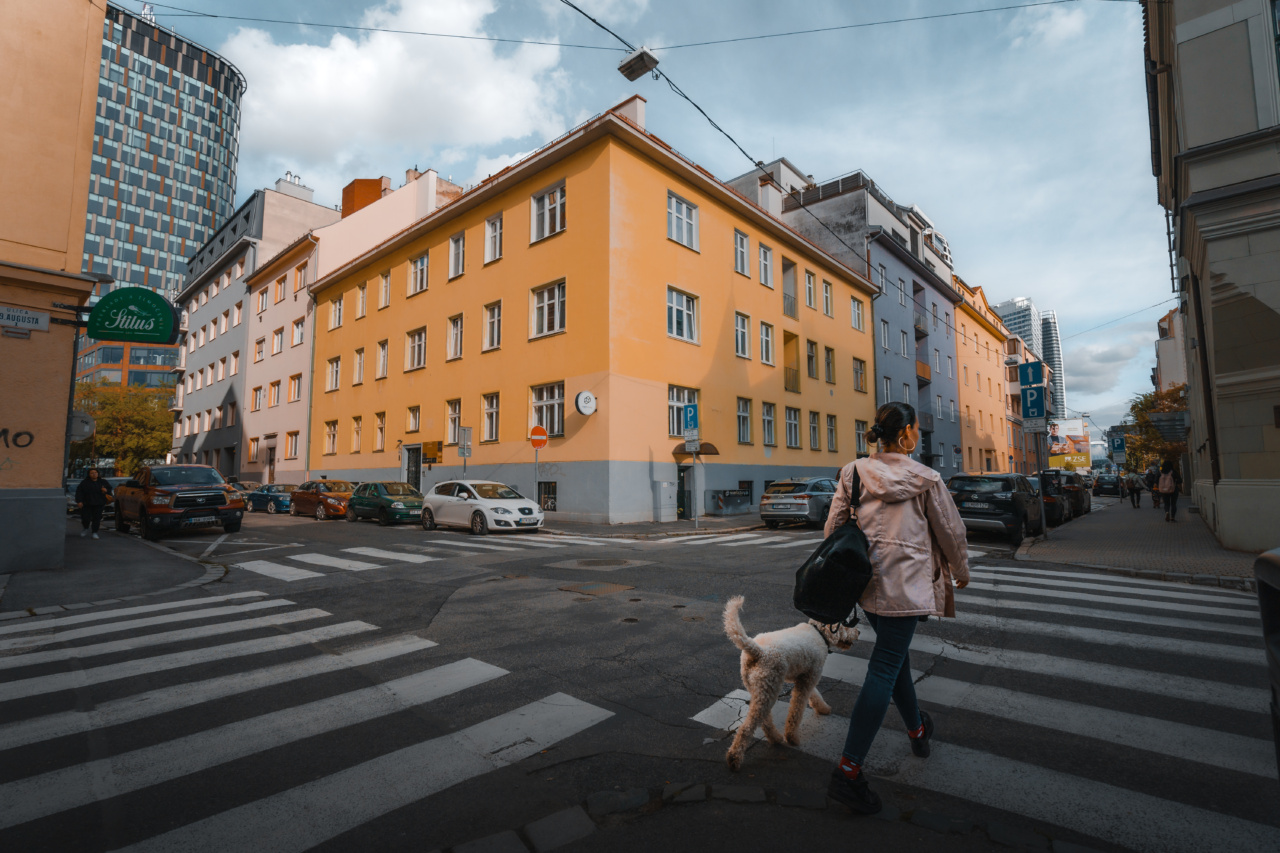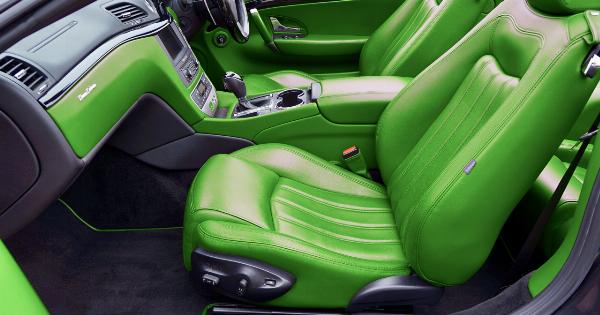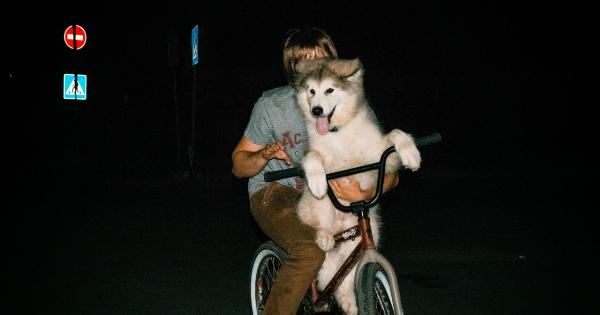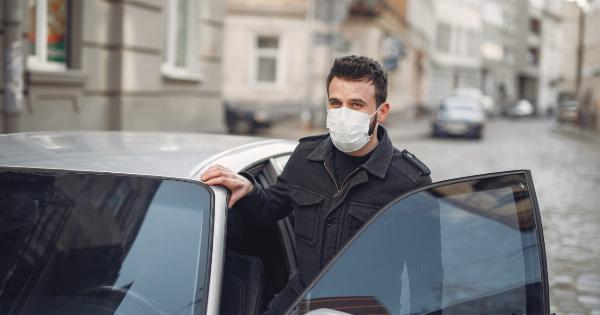Traveling with your furry friend can be a delightful experience, but it can also turn into a nightmare if your dog starts misbehaving in the car.
Dogs misbehave in the car for various reasons, ranging from anxiety and fear to lack of training and discomfort. Understanding the potential causes of your dog’s misbehavior and addressing them effectively is the key to a calm and enjoyable car ride for both you and your pup.
1. Anxiety and Fear
Dogs, like humans, can experience anxiety and fear when faced with certain situations, including car rides.
Common causes of anxiety in dogs during car rides include previous negative experiences, lack of exposure to car travel during early socialization, or even motion sickness. Dogs may exhibit different signs of anxiety and fear such as panting, whining, trembling, drooling, or even aggressive behavior.
2. Lack of Training
Proper training plays a crucial role in ensuring that your dog behaves well in different environments, including the car.
If your dog hasn’t been trained to sit still, lie down, or stay calm during car rides, it’s natural for them to misbehave. Lack of training can lead to your furry friend jumping around, barking excessively, or even trying to climb onto your lap while driving, which is not only distracting but also dangerous.
3. Discomfort or Motion Sickness
Just like humans, dogs can also experience discomfort or motion sickness during car rides. Some dogs might find it challenging to maintain their balance or feel nauseous due to the constant movement and changes in the environment.
These physical discomforts can lead to your dog misbehaving in the car as they try to cope with their uneasiness.
4. Car Association with Negative Experiences
If your dog associates car rides with negative experiences, such as visits to the veterinarian or groomer, they may become anxious or fearful whenever they are in the car.
The negative association can cause them to misbehave as a means of expressing their stress or trying to avoid getting into the car altogether.
5. Lack of Familiarity with Car Rides
Some dogs may misbehave in the car simply because they are not accustomed to it.
If your dog hasn’t had enough exposure to car rides, especially during their early socialization period, they may feel overwhelmed or uncertain about this new experience. Lack of familiarity can trigger anxiety and lead to misbehavior in an attempt to escape or control the situation.
6. High Energy Levels
Dogs with high energy levels are more prone to restlessness and misbehavior, particularly during car rides.
If your dog is not adequately exercised before a car trip, they may become bored or frustrated, resulting in behaviors such as incessant barking, pawing at windows, or attempting to escape from the vehicle.
7. Health Issues
It’s essential to consider potential health issues that might be causing your dog’s misbehavior in the car. Dogs in pain or discomfort may exhibit restlessness or aggression as a response to their physical condition.
If you suspect that your dog’s misbehavior is related to an underlying health issue, it’s crucial to consult with a veterinarian to rule out any medical problems.
8. Lack of Restraint or Safety Measures
Proper restraint and safety measures are essential for both your dog’s well-being and your safety while driving. If your dog is not safely secured in the car, they may misbehave out of fear or frustration.
Additionally, an unrestrained dog has the potential to become a distraction to the driver, increasing the risk of accidents or injuries.
9. Temperature and Ventilation
Extreme temperatures and poor ventilation in the car can cause discomfort and make your dog anxious or restless. Dogs can quickly become overheated in a hot car or feel excessively cold in a freezing one.
Ensuring that the temperature and airflow in the car are suitable for your dog’s comfort can help prevent misbehavior during car rides.
10. Lack of Positive Reinforcement
Rewards and positive reinforcement are powerful tools in shaping your dog’s behavior. If your dog misbehaves in the car and you respond with scolding or punishment, it can enhance their anxiety or fear, potentially worsening their behavior.
Instead, focusing on positive reinforcement techniques – such as treats, praise, and rewards – can help encourage desired behaviors and create a positive association with car rides.
In conclusion, there can be various reasons why your dog misbehaves in the car. Understanding the underlying causes, such as anxiety, lack of training, or discomfort, is crucial for addressing the issue effectively.
By implementing proper training, providing a safe and comfortable environment, and ensuring positive reinforcement, you can help your furry friend overcome their misbehavior and enjoy a peaceful and stress-free car journey.






























